Word Confusion: Artist versus Artiste
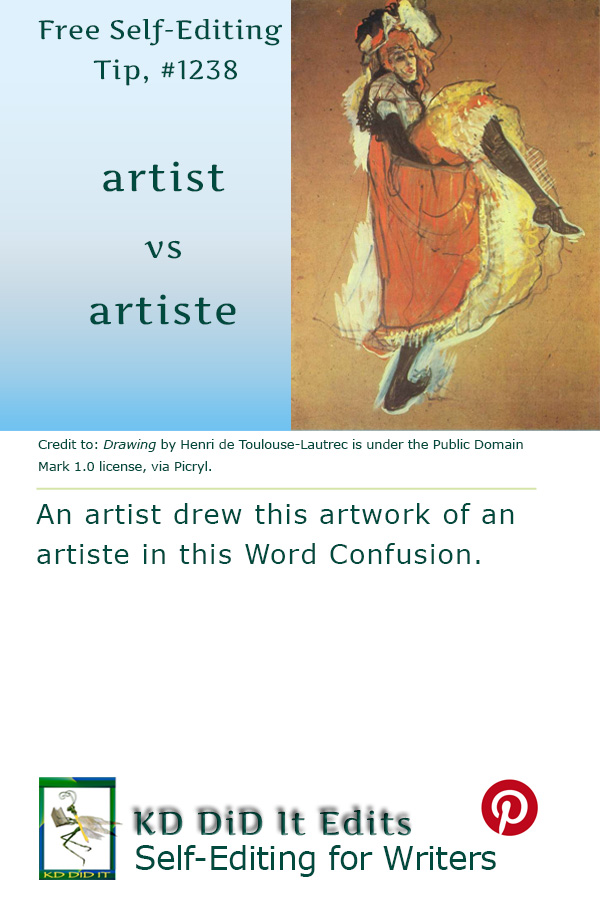
An artist and an artiste are similar in that both are skilled in the arts or in an occupation, although the first also has a reprehensible “career” in this Word Confusion from KD Did It.

An artist and an artiste are similar in that both are skilled in the arts or in an occupation, although the first also has a reprehensible “career” in this Word Confusion from KD Did It.
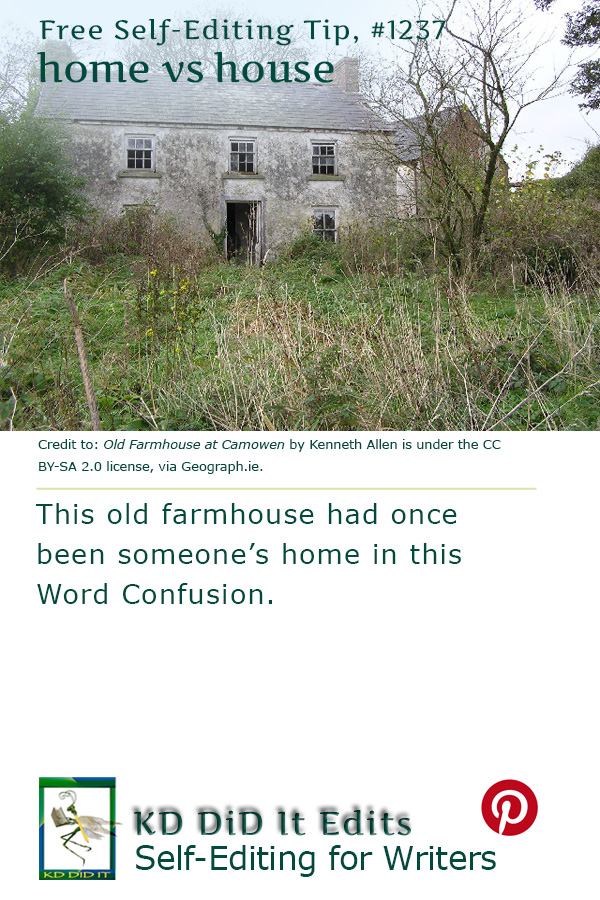
A home and a house are both places where people live, yet a home is where you live and a house is where people live in this Word Confusion from KD Did It.
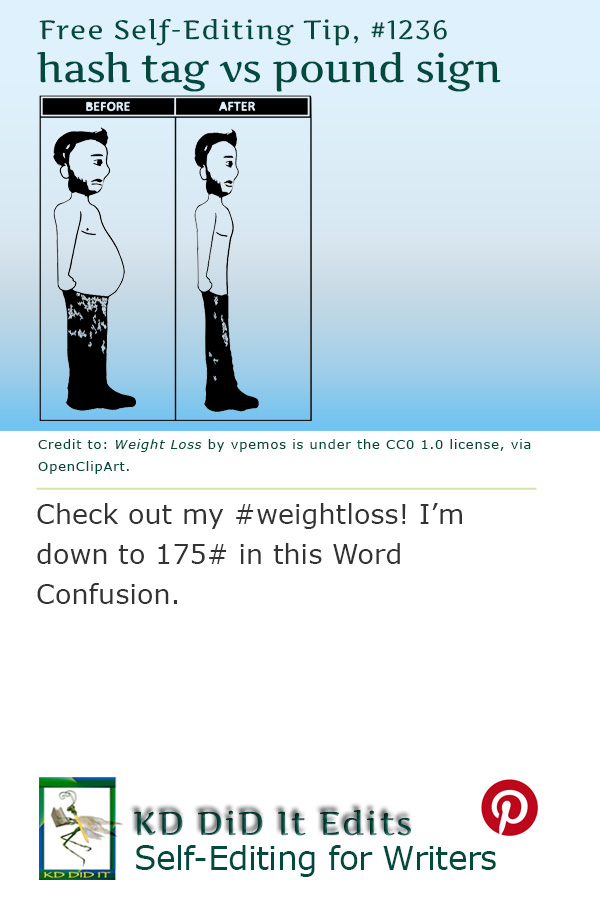
It was my own curiosity that led me to explore the # sign. What is the difference in this symbol hashtag versus pound sign? It turns out that the only real difference (when writing out #) is that a hashtag uses it in front of the text and numbers while the pound uses it for weight and is placed behind the numbers. Hashtag has many definitions as a noun (only one as a verb). It’s most popular usage is as an indicator for a metadata tag in social media. Pound is split between weight and money (in this post), and while the money symbol doesn’t actually relate to the # symbol, it does refer to numbers. I thought it was important to include £. NOTE: Pound, in this post, is only defined as a noun in terms of weight or money. Return to top The Properly Punctuated explores . . . . . . the proper use of quotation marks, commas, semicolons, colons, ellipsis, etc., including how to properly mark dialog, ahem. As Properly Punctuated is in no way complete, I would appreciate suggestions and comments from anyone on punctuation with which you struggle or on which you can contribute […]
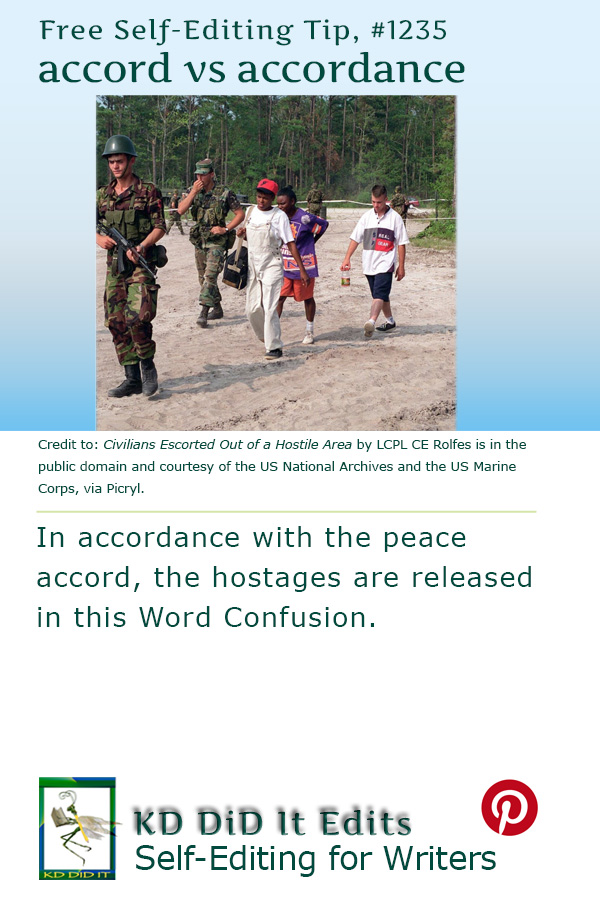
Both accord and accordance are nouns (accord is also a verb). Accord is an agreement between two or more while accordance is more about conformity in this Word Confusion from KD Did It.
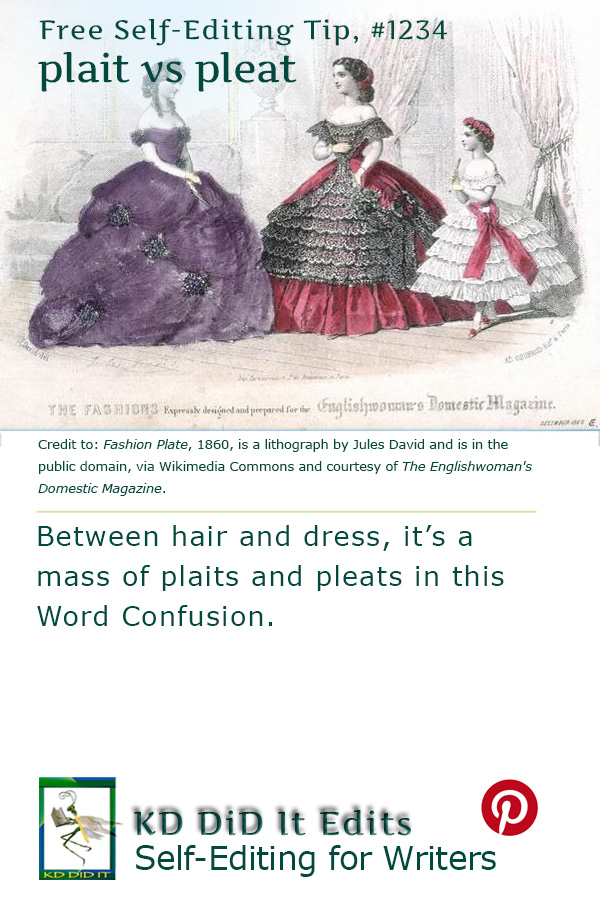
Although pleat evolved from plait, today’s distinction is that plait is a braid while pleat is a textile folded back upon itself in this Word Confusion from KD Did It.

Metonomy is a literary device, encompassing word play and figures of speech to quickly and colorfully convey an image. This device uses an association between two concepts, substituting one term for another. For example, the bench may refer to the high desk behind which a judge sits while the press is commonly understood to mean journalists. If someone mentioned parliament, it would be understood to refer to the British government. Return to top Exploring Later . . . You may also want to explore the following entries in the post on “Figures of Speech”: metonymy, metaphor, metalepsis, polysemy, synecdoche, and toponymy. Return to top Linguistics and Word Confusions sometimes . . . . . . involve the same words as it does here in this post on “Metonymy”. Whereas a Word Confusion is a pair (or more) of words that are confused spelling-wise with each other, Linguistics may jump in because of the confusion involved in how the words are used within the structural rules and principles of English. As I discover more examples, also-known-ases, and additions, I’ll update this post. If you have a suggestion, I would appreciate you contacting me. If you found this post on “Metonymy” interesting, […]
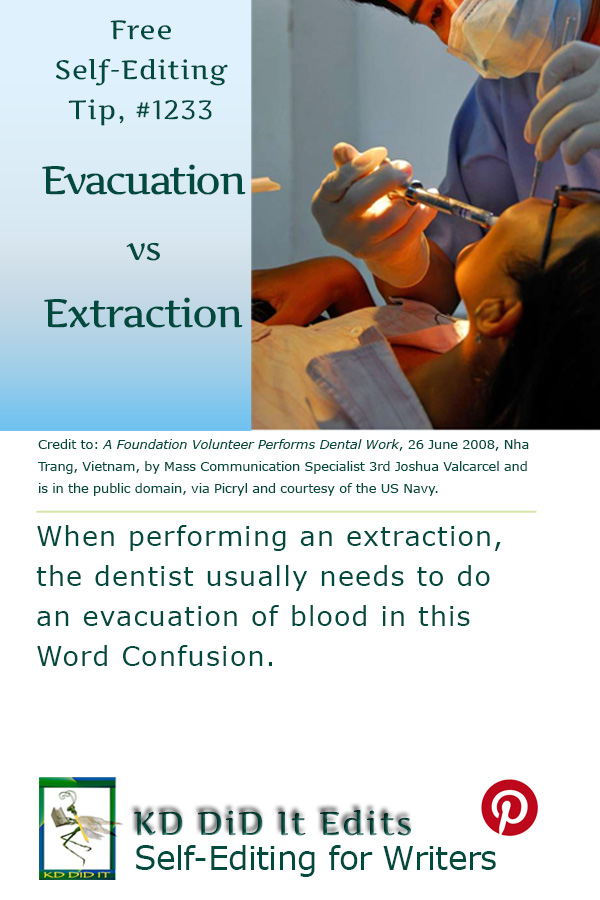
In general, an evacuation involves moving a lot of people while an extraction involves a group going in to get a few people in this Word Confusion.
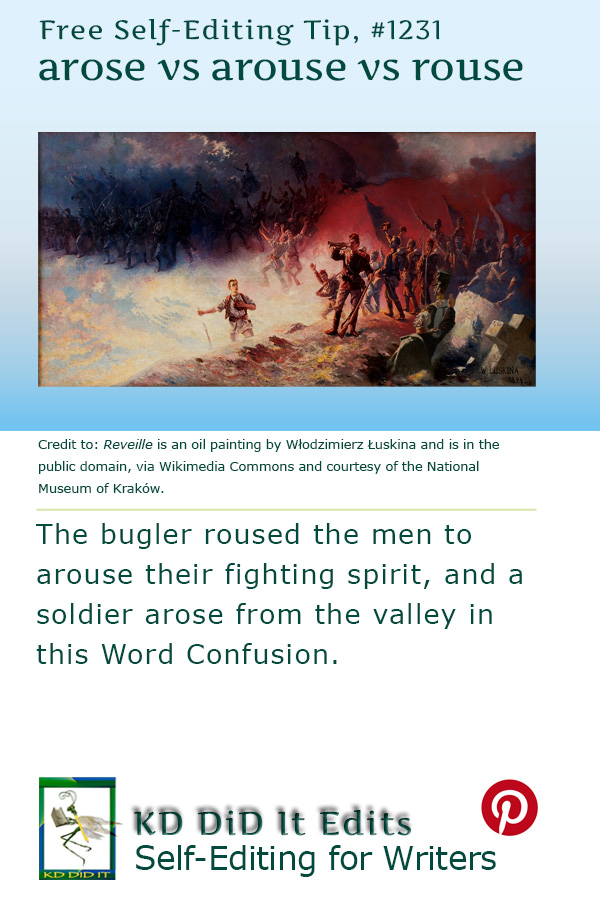
Arose, arouse, and rouse can all wake up. And arose just keeps on getting up in so many ways. Arouse and rouse can both get you excited and emotional, but only rouse parties, drinks, and hauls vigorously in this Word Confusion from KD Did It.
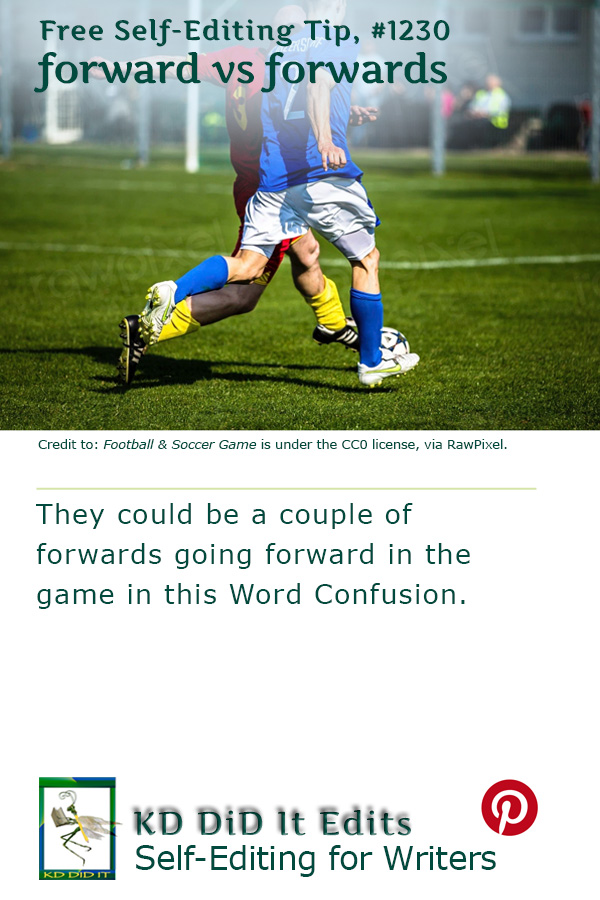
As adverbs, forward and forwards are interchangeable in this Word Confusion. The distinctions come when using the first as an adjective and verb and both are their own nouns.
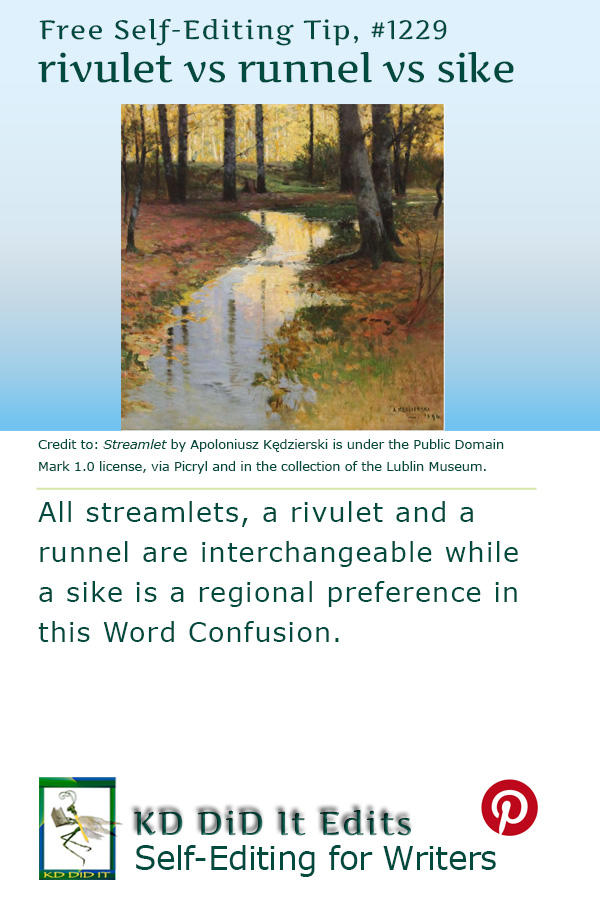
A rivulet, a runnel, and a sike are all small streams, streamlets. However, a sike is a regional term in Scotland and Northern England in this Word Confusion.